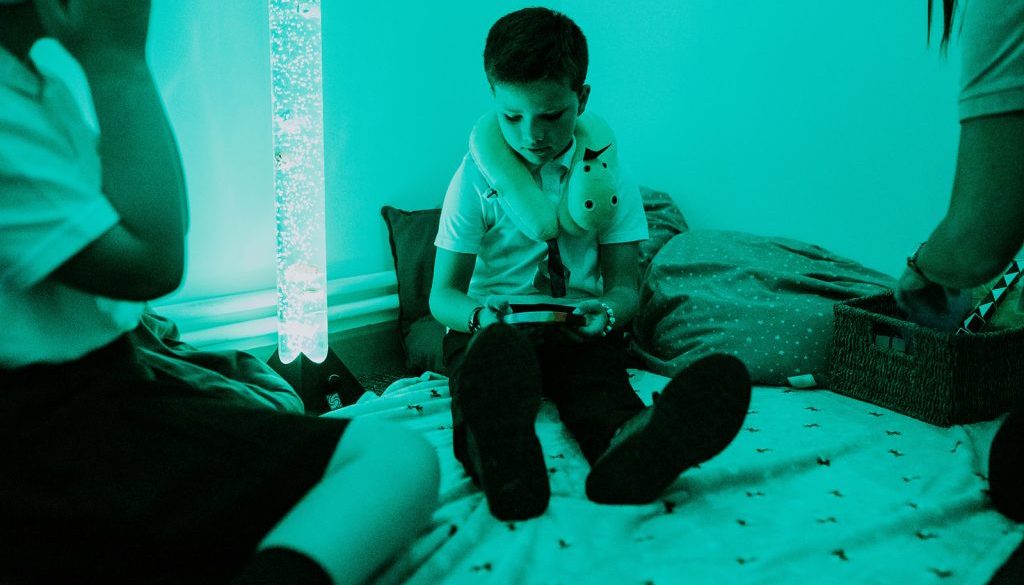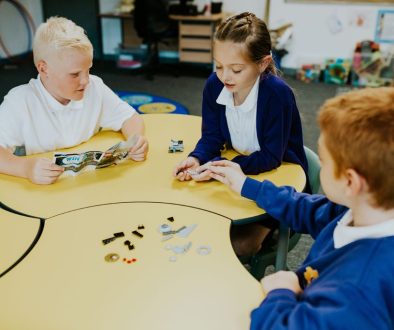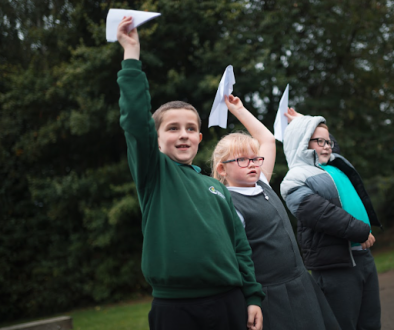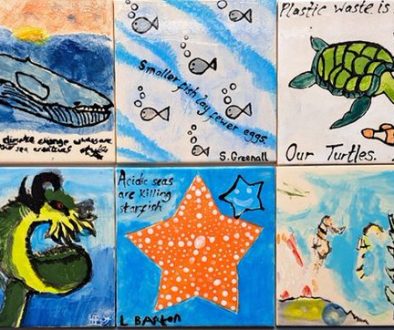How to Begin a Music Development Plan for Your School
By Lee Spink
Music education plays a vital role in fostering creativity, enhancing cognitive abilities, and building social skills among students. The DfE are now requiring schools to publish on their website, their Music Development Plans. Here are some tips to help with that:
1. Assess the Current State of Your Music Programme
Before you begin planning, it’s crucial to understand where music provision currently stands. Conduct a thorough assessment by:
- Evaluating existing resources: Take inventory of musical instruments, sheet music, and digital tools.
- Reviewing the curriculum: Analyse the current music curriculum to identify strengths and gaps.
- Gathering feedback: Speak with music teachers, students, and parents to gain insights into their experiences and expectations.
- Assessing facilities: Check if your music rooms and performance spaces meet the needs of your program.
2. Define Your Vision and Goals
Based on your assessment, articulate a clear vision for your music programme. Ask yourself:
- What do you want to achieve with your music programme?
- How do you envision the role of music in your school community?
Set specific, measurable, achievable, relevant, and time-bound (SMART) goals. For example:
- Increase student participation in music activities by 20% over the next two years.
- Introduce a diverse repertoire that includes classical, contemporary, and world music within the next academic year.
- Enhance professional development opportunities for music teachers by the end of the current school year.
3. Develop a Comprehensive Curriculum
A well-rounded curriculum is the backbone of any successful music program. Consider the following:
- Incorporate diverse musical genres: Ensure the curriculum includes classical, jazz, rock, pop, and world music to expose students to a wide range of styles.
- Balance theory and practice: Combine music theory lessons with practical sessions where students can play instruments, sing, and compose.
- Integrate technology: Use music software and digital tools to enhance learning and creativity.
4. Invest in Teacher Training and Development
Your music teachers are key to the success of your program. Provide them with opportunities to:
- Attend workshops and conferences: Enable teachers to stay updated with the latest teaching methods and trends in music education.
- Participate in peer learning: Encourage collaboration and knowledge sharing among music teachers within your school and with other institutions.
- Access professional development courses: Offer online and in-person courses to enhance their skills and expertise.
5. Secure Funding and Resources
Adequate funding is essential for a thriving music programme. Explore various funding options:
- School budget allocation: Advocate for a dedicated music budget within your school’s overall financial plan.
- Grants and donations: Apply for grants from educational foundations and seek donations from local businesses and community members.
- Fundraising activities: Organise concerts, bake sales, and other events to raise funds for your music programme.
6. Enhance Extracurricular Opportunities
Extracurricular activities provide students with additional platforms to explore and develop their musical talents. Consider:
- Forming ensembles and bands: Create school choirs, orchestras, and bands to cater to different musical interests.
- Hosting performances: Organise regular concerts, recitals, and talent shows to showcase student talent and build confidence.
- Collaborating with community organisations: Partner with local music schools, theatres, and cultural institutions to provide students with real-world musical experiences.
7. Build a Supportive Community
A successful music programme thrives on community support. Engage stakeholders by:
- Involving parents: Create a parents’ committee to support music activities and fundraising efforts.
- Engaging students: Establish a student music council to gather input and promote ownership of the programme.
- Connecting with alumni: Reach out to former students who can contribute as mentors, guest speakers, or donors.
8. Implement and Monitor Your Plan
With your plan in place, it’s time to put it into action:
- Create a timeline: Develop a detailed timeline for implementing each aspect of your Music Development Plan.
- Assign responsibilities: Delegate tasks to teachers, administrators, and volunteers to ensure smooth execution.
- Monitor progress: Regularly review the plan’s progress against your goals and make adjustments as needed.
9. Celebrate Successes and Reflect
Finally, celebrate the achievements of your music programme. Recognise the hard work of students, teachers, and supporters, and take time to reflect on what has been accomplished. Use these insights to further refine and enhance your Music Development Plan.




